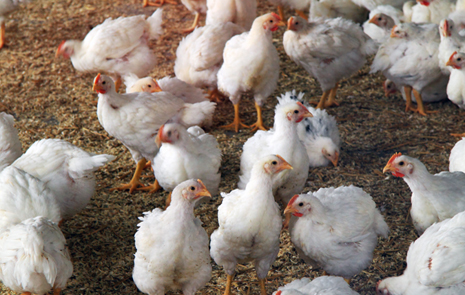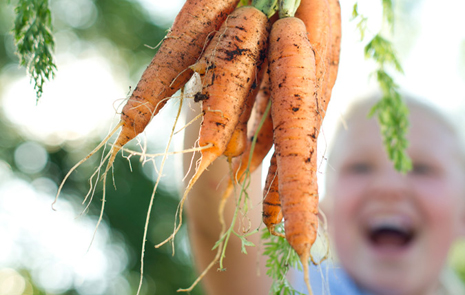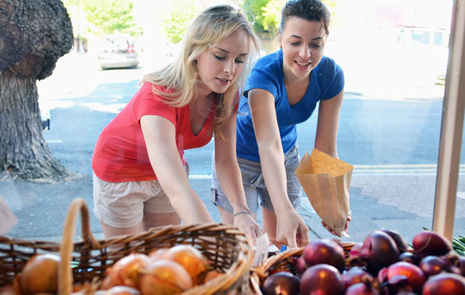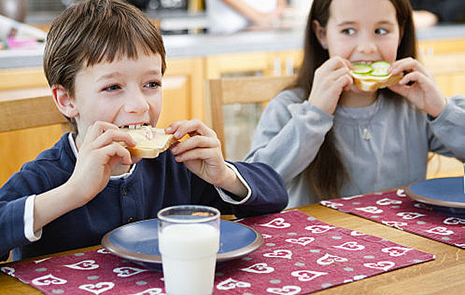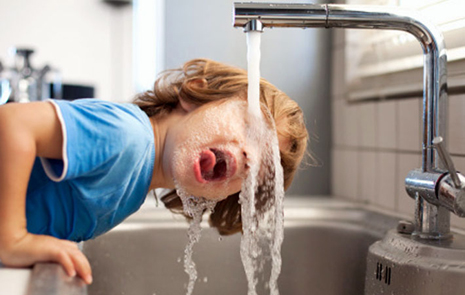Fish and shellfish
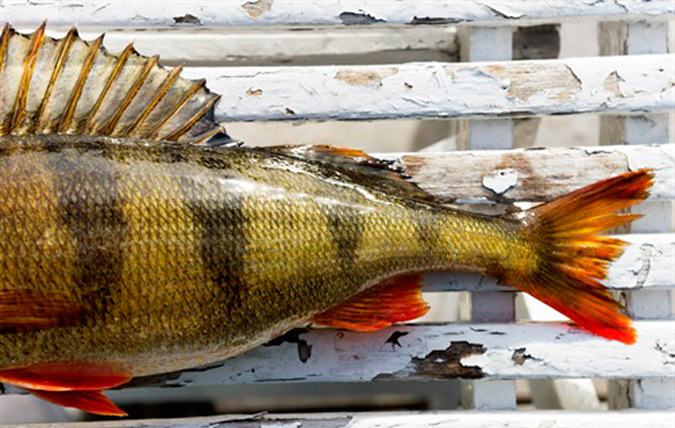
Fish and shellfish are largely a wild resource that we need to conserve. For fish to be available to eat in the long term, it is important that the fish are caught or cultivated in a sustainable way.
It is good for the health to eat fish and shellfish 2-3 times a week and to vary the choice of fish. It is also good for the environment, since it reduces the pressure on individual species.
There are currently three environmental labels used in Sweden – MSC (Marine Stewardship Council), ASC (Aquaculture Stewardship Council) and KRAV. These environmental labels certifies that the fish originate from stable populations that are fished sustainably and that they are caught or farmed using methods with less impact on the environment.
Did you know...
...that a large proportion of the fish we eat in Sweden is farmed salmon? The farming of predatory fish, such as salmon, requires a lot of prey fish. Fish farming can cause local eutrophication.
...that mussels do not require any feed because they sieve phytoplankton from the water? Mussel farms can therefore reduce eutrophication of the sea
Overfishing
Some fish species are being threatened by overfishing. Sometimes, the population of a species is threatened in one area but is stable in another. If you want to choose fish from stable populations, look at the labelling of the packaging.
To find out which populations are stable, you may consider for example the WWF Fish List. Fish products that are labelled with MSC (Marine Stewardship Council) or KRAV come from stable populations that are fished sustainably.
Effect on the marine environment
Certain fishing methods damage the marine environment and other marine species more than others, for example bottom trawling and dredging. Selective gear that catches only the fish species that are wanted is better than gear that collects a lot of so-called by-catches. Nets, yarn, hooks, long lines and pots are examples of selective gear that do not harm the seabed.
Environmentally certified fish are caught using methods that are considerate to the marine environment. Some producers also provide information about the fishing methods used - you can read the packaging and ask at the shop if necessary.
Eutrophication
Fish and shellfish farms can cause local eutrophication and harm sensitive coastal environments, depending on where and how the farming takes place. This applies, for example, to the cultivation of king prawns/tropical shrimp.
There are, however, fish farms that use closed systems, where eutrophicating substances are not discharged into the sea, but these are as yet uncommon. The farming of predatory fish, such as salmon and cod, means that large quantities of fish are caught for feed.
Mussels, on the other hand, take their nutrients directly from the sea. This means that mussel farms can actually reduce eutrophication of the sea.
Effect on the climate
The greenhouse gas emissions caused by fishing come mainly from the fuel used in fishing vessels, from the energy used in production and from transportation. Generally, emissions from fishing vessels are the highest of these, whilst transportation from the harbour to processing and then to market make up a smaller proportion.
Fish from weak populations cause higher emissions of greenhouse gases than fish from strong populations, because it takes a longer time to catch the same quantity of fish. Fuel consumption is thus greater.
Fishing methods that actively pull the gear, such as bottom trawling, use more fuel and therefore generally result in more greenhouse gas emissions than fishing with gear such as long lines and nets.
Facts about environmental labels on fish
MSC (Marine Stewardship Council): an international label that considers fish populations, by-catches and the effect on the marine environment.
ASC (Aquaculture Stewardship Council): an international organisation that manages certification and lebelling programme for responsible aquaculture.
KRAV: a Swedish label that considers fish populations, by-catches, effect on the marine environment and the environmental impact of fishing vessels.
